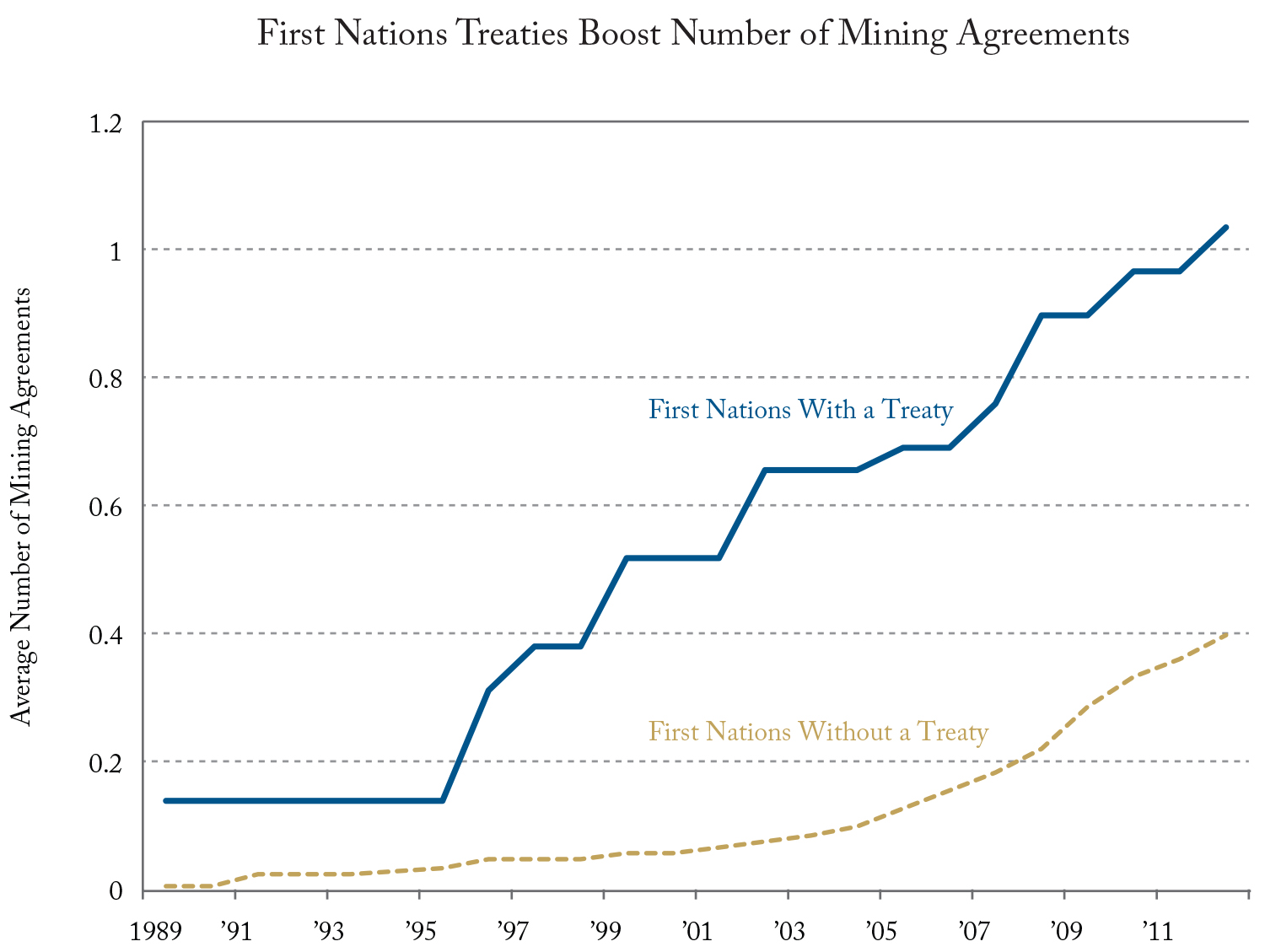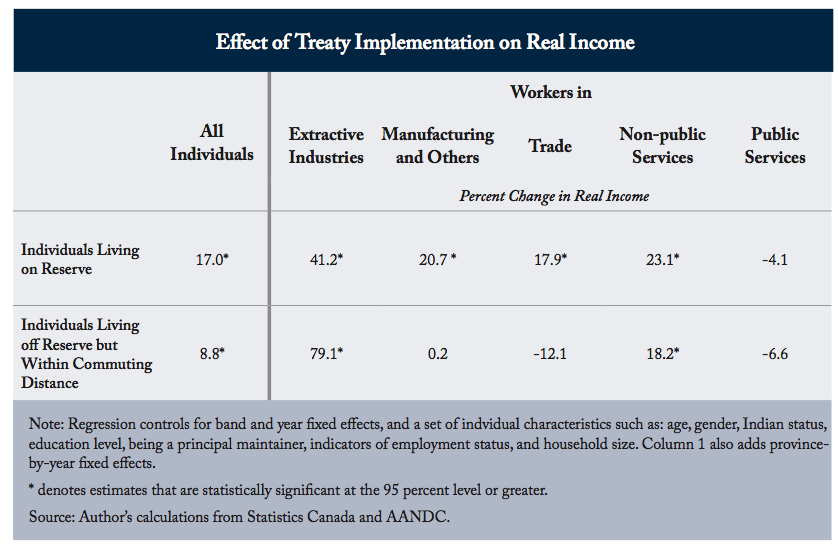Canada's First Nations, mining companies benefited from modern treaties - report
Modern treaties have boosted incomes in First Nation communities and have led to more resource development, according to a new C.D. Howe Institute Report.
Treaties signed in Canada since the 1970s have greatly benefited First Nations and mining companies, as they have boosted the average annual income of such communities and lead to greater development of natural resources, a new study released Wednesday shows.
According to the report by independent, not-for-profit research firm C.D. Howe Institute, modern treaties implemented between 1991 and 2006 in rural British Columbia, the Northwest Territories and Yukon had measurable benefits for both, First Nations and mining companies alike.
Among those gains, author Fernando M. Arag??n says that real average annual income for First Nations individuals increased by about 17% in the period. He also says those land claim agreements drove wages for workers in extractive industries up by almost 40% and increased the income of workers living in neighbouring, off-reserve communities by almost 9%.
The report claims that by clarifying property rights, treaties have reduced transaction costs for extractive industries and facilitate their development.
"Despite the 1982 Constitution and several supportive decisions by the Supreme Court of Canada, the scope and extent of Aboriginal rights over their ancestral land are, in many cases, not well defined," Arag??n said in a statement. "As a result, many so-called modern' treaties, or Comprehensive Land Claim Agreements, which began in the 1970s, have sought to clarify who owns the land and its resources."
Such clarification, he believes, paves the way for more resource projects that may increase demand for local workers.
While the report highlights the opportunities the mining industry brings in terms of jobs and economic growth, it also warns that communities need to make sure they balance competing interests, manage resources sustainably, and protect aboriginal and marginalized groups.


Click on table to expand. (Courtesy of the C.D. Howe Institute)


Click on table to expand. (Courtesy of the C.D. Howe Institute)
